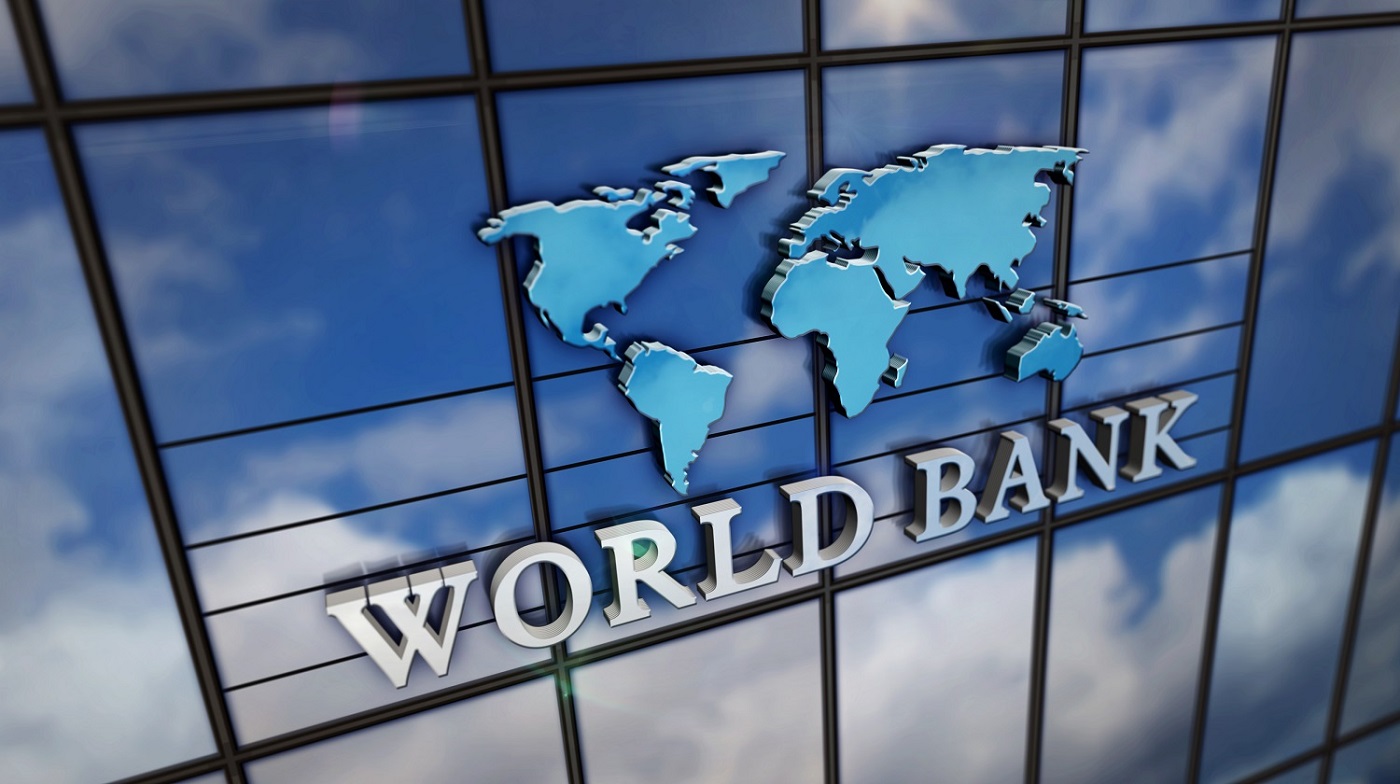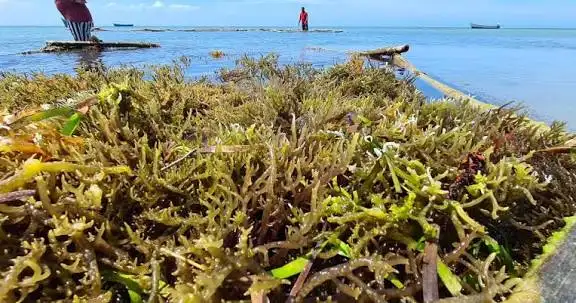The World Bank has announced the approval of three significant financing packages totaling $1.57 billion aimed at enhancing the health sector in Nigeria. This initiative was detailed in a statement released today by the bank’s Country Office in Abuja.
The funds are earmarked for strengthening human capital development with a focus on improving health outcomes for women, children, and adolescents. The World Bank emphasized the critical need for better health services as part of a broader strategy to foster sustainable development in Nigeria.
According to the statement, the financing will also contribute to building resilience against climate change effects, such as floods and droughts, by improving dam safety and irrigation systems. The multifaceted approach reflects the bank’s commitment to not only health improvements but also environmental sustainability.
The new financing package includes three key components: $500 million designated for addressing governance challenges that hinder effective delivery of education and health services (referred to as HOPE-GOV); $570 million allocated for the Primary Healthcare Provision Strengthening Program (HOPE-PHC); and $500 million for the Sustainable Power and Irrigation for Nigeria Project (SPIN).
These initiatives are expected to significantly enhance the quality and accessibility of healthcare services in Nigeria, particularly in underserved areas. By investing in primary healthcare and addressing governance issues, the World Bank aims to create a more effective healthcare system that can better meet the needs of the population.
As Nigeria grapples with various health challenges, this substantial financial support from the World Bank marks a critical step toward achieving improved health outcomes and fostering resilience in the face of environmental challenges. The commitment to invest in human capital development is seen as vital for the nation’s overall growth and prosperity, particularly for its most vulnerable populations.












I think Nigeria should focus on improving healthcare infrastructure first before accepting more funding. Quality over quantity, right?
I think Nigeria should focus on solving corruption in the health sector first before throwing money at it. Priorities, people!
I think Nigeria should prioritize investing in education rather than health. Healthy minds lead to healthier decisions for the future.
Education and health are interconnected – both are vital for a thriving society. Prioritizing one doesnt mean neglecting the other.
I think the money could be better spent on education or infrastructure. Health is important, but so are other sectors.
I think Nigeria should focus on improving healthcare infrastructure first before getting big bucks from the World Bank.
I dont think throwing money at the health sector is the solution. We need to address corruption and mismanagement first.
I think Nigeria should focus on improving existing healthcare infrastructure before investing in new projects. Quality over quantity!
I dont think throwing money at Nigerias health sector will solve the corruption and mismanagement issues. Focus on accountability first!
I dont get why theyre giving Nigeria all that money when there are so many other countries in need. Prioritizing, anyone?
I dont understand why Nigeria is getting so much money for their health sector. What about other countries in need?
Every country deserves support for their health sector. Nigerias needs are valid too.
I think Nigeria should focus on improving healthcare infrastructure before accepting such a huge sum from the World Bank.
I think Nigeria should prioritize education over the health sector. Investing in peoples minds can lead to a healthier population in the long run.
Health is fundamental for a thriving society. Neglecting it for education may backfire. Both are crucial.
I think Nigeria should focus on improving healthcare infrastructure, not just throwing money at the problem. Quality over quantity!
I dont get why Nigeria needs all that money for healthcare when there are bigger issues to tackle. Priorities, people!
I dont get why the World Bank is giving Nigeria so much money for healthcare. Shouldnt they focus on their own country first?
I dont think giving billions to Nigerias health sector will solve anything. Corruption needs to be addressed first.